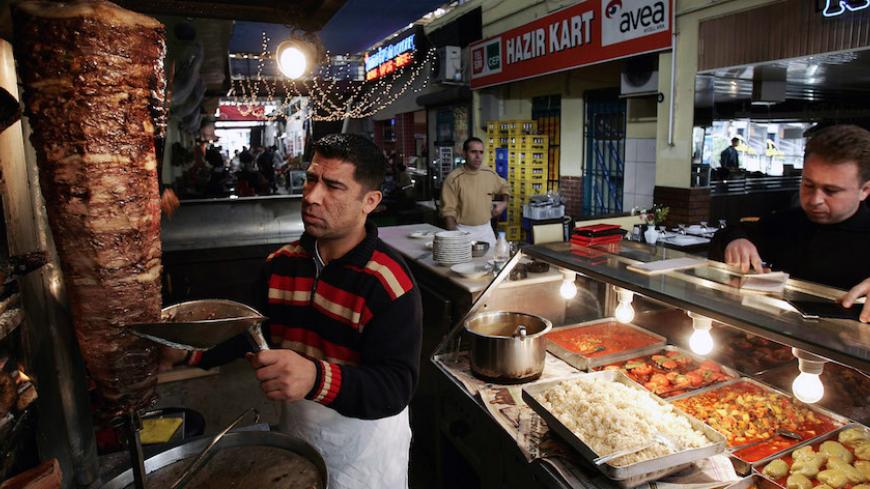
In an effort to safeguard its culinary legacy, Istanbul's kebab restaurant organization has asked for European Union protection for the traditional Turkish way of making doner kebab. This campaign seeks to preserve the essence of this popular meal, which has become a worldwide sensation.
The proposal, presented to the EU Commission by the Turkish government, specifies the rules for creating doner kebabs. These include slicing beef or lamb flesh between 3mm and 5mm thick and marinating it for at least ten hours in exact amounts of salt, pepper, thyme, chopped onion, and yogurt or milk.
This endeavor to preserve the original recipe comes as doner kebab has become very popular in Germany, where it has been tweaked to local tastes. Approximately one-third of Germans eat at least one doner each month, with over 15,000 kebab shops operating throughout the country.
The International Doner Federation in Istanbul believes that this action is critical to preserving the dish's authenticity. "We want to ensure that the true essence of doner kebab is preserved," a federation official said. "This is about honoring our culinary traditions and sharing them authentically with the world."
The program has aroused criticism in Germany, where a modified form of doner kebab has become a cultural mainstay. German kebab manufacturers claim that their dish has developed into a separate culinary heritage.
However, advocates of the Turkish application underline the significance of identifying the dish's roots. "Doner kebab is a significant part of Turkish cuisine and culture," said a Turkish culinary historian. "Protecting its traditional preparation methods is about preserving our heritage."
If granted, EU protection would oblige kebab stalls across Europe to either follow the defined Turkish recipe or use a new name for their dish. This decision is comparable to current safeguards for other regional goods such as mozzarella and Neapolitan pizza.
As the discussion progresses, it reveals the intricate relationship between culinary traditions, cultural identity, and international commerce. The results of this application might have far-reaching consequences for the future of doner kebab cooking and branding across Europe.